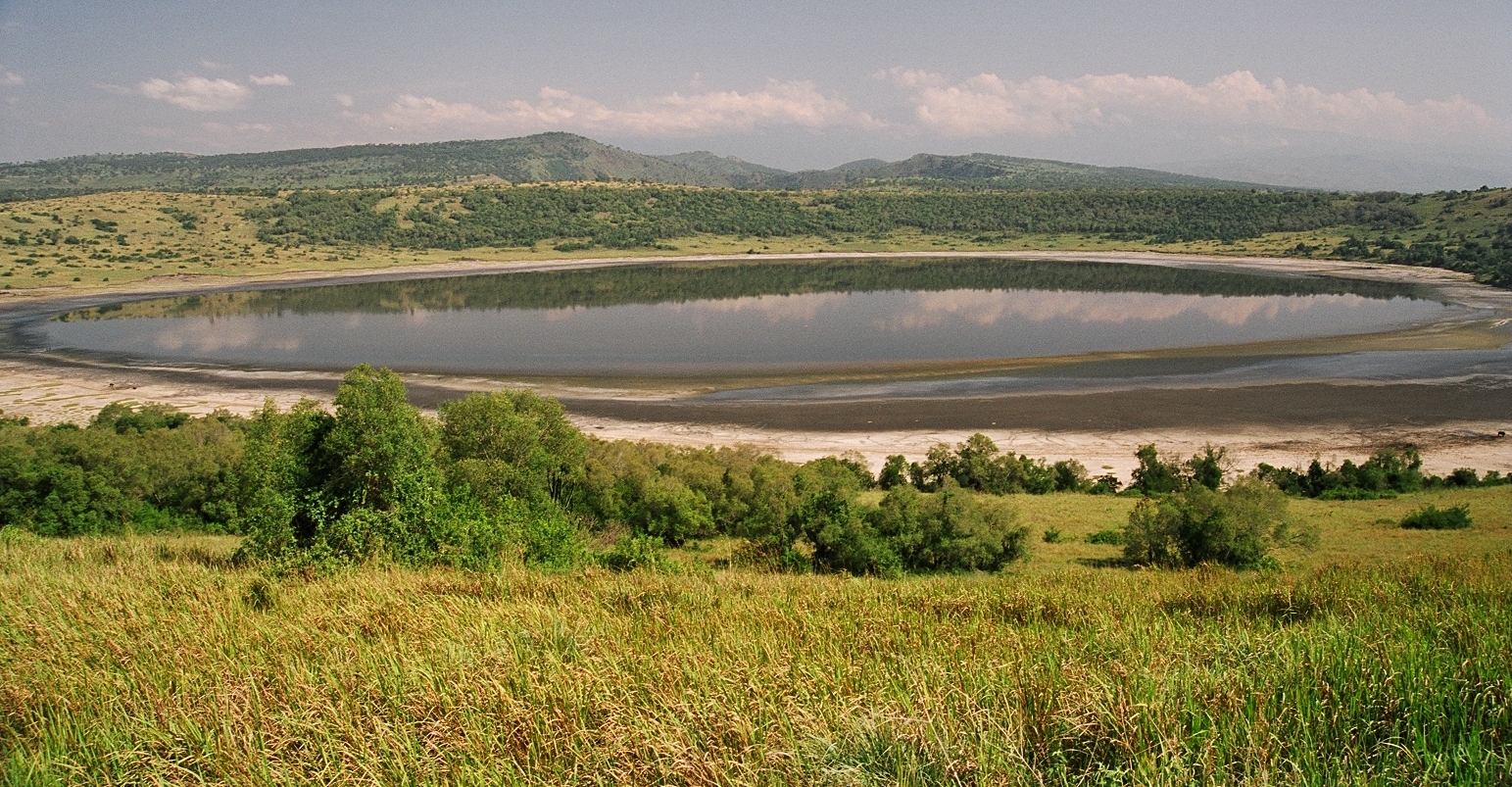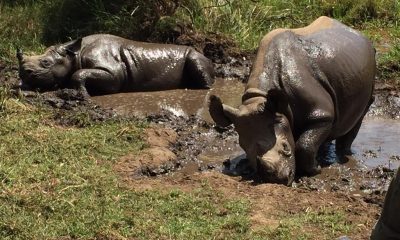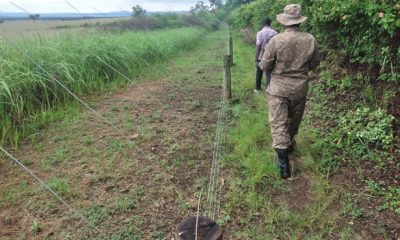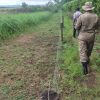Tourism
Tourism Stakeholders Urge Government to Declare Oil No-Go Zones in Uganda’s Protected Areas
Leading stakeholders in Uganda’s tourism industry have raised alarm over the growing encroachment of oil and gas operations into the country’s protected areas, warning that continued industrial activity could severely damage Uganda’s multi-billion-shilling tourism sector and undermine decades of conservation efforts.
The concerns were aired following the release of a damning community-based research brief by the Africa Institute for Energy Governance (AFIEGO), titled “Those oil liars! They destroyed my business!”. Conducted between February and July 2025, the study captures the voices of 66 tourism players across Uganda, including tour operators, guides, travel agents, and hospitality workers, with a sharp focus on oil-host districts such as Buliisa and Kyotera.
According to the research, a staggering 98.1% of tourism stakeholders view biodiversity conservation as essential to their livelihoods. However, mounting oil and gas activities—particularly in ecologically sensitive areas like Murchison Falls and Queen Elizabeth National Parks—are now seen as a growing existential threat.
“Tourism depends on intact ecosystems which must be protected from oil risks,” emphasised Dickens Kamugisha, CEO of AFIEGO. “Participants in our study called for urgent government action to declare protected areas as no-go zones for oil drilling.”
The report revealed that although only 13.5% of respondents initially identified oil and gas activities as a primary threat, the broader impacts associated with the industry—including biodiversity loss (22.5%), climate change (16.9%), and road construction in protected areas (8.4%)—collectively account for 61.3% of the key risks cited by the sector.
Tourism is one of Uganda’s most critical economic sectors. In 2024 alone, it generated UGX 4.8 trillion (USD 1.28 billion), contributing 3.2% to the national GDP and employing over 803,000 people—roughly 7.2% of the country’s workforce. Nature-based tourism, particularly wildlife viewing in national parks, remains the industry’s backbone.
Yet, despite the sector’s economic weight, small and micro-enterprises in tourism have reported little to no benefit from oil development. Instead, the report documents a trail of broken promises and economic distress. Entrepreneurs were misled to shift from tourism to oil-related supply services, only to be squeezed by increased competition, rising commodity prices, and worsening human-wildlife conflicts.
One respondent from Buliisa bluntly remarked, “Oil liars led me to business distress.” This sentiment reflects a growing disillusionment among locals who feel betrayed by government and corporate assurances that oil would bring prosperity.
The study also recognized some perceived benefits of the oil industry, including improved infrastructure and potential increases in demand for travel services. However, these benefits were largely theoretical and not experienced on the ground, especially by grassroots tourism operators.
As a way forward, stakeholders are calling for decisive government action: halting oil operations in protected areas, increasing tourism sector funding, and lowering taxes to help rebuild vulnerable enterprises. AFIEGO has also urged oil companies to engage in honest dialogue with affected communities and honor environmental safeguards.
With Uganda positioning itself as both a tourism and oil frontier, the tension between economic development and environmental preservation is coming into sharp focus. This latest research sends a clear message—protecting biodiversity is not just about conservation, but about safeguarding the future of one of Uganda’s most vital economic lifelines.
Comments

























